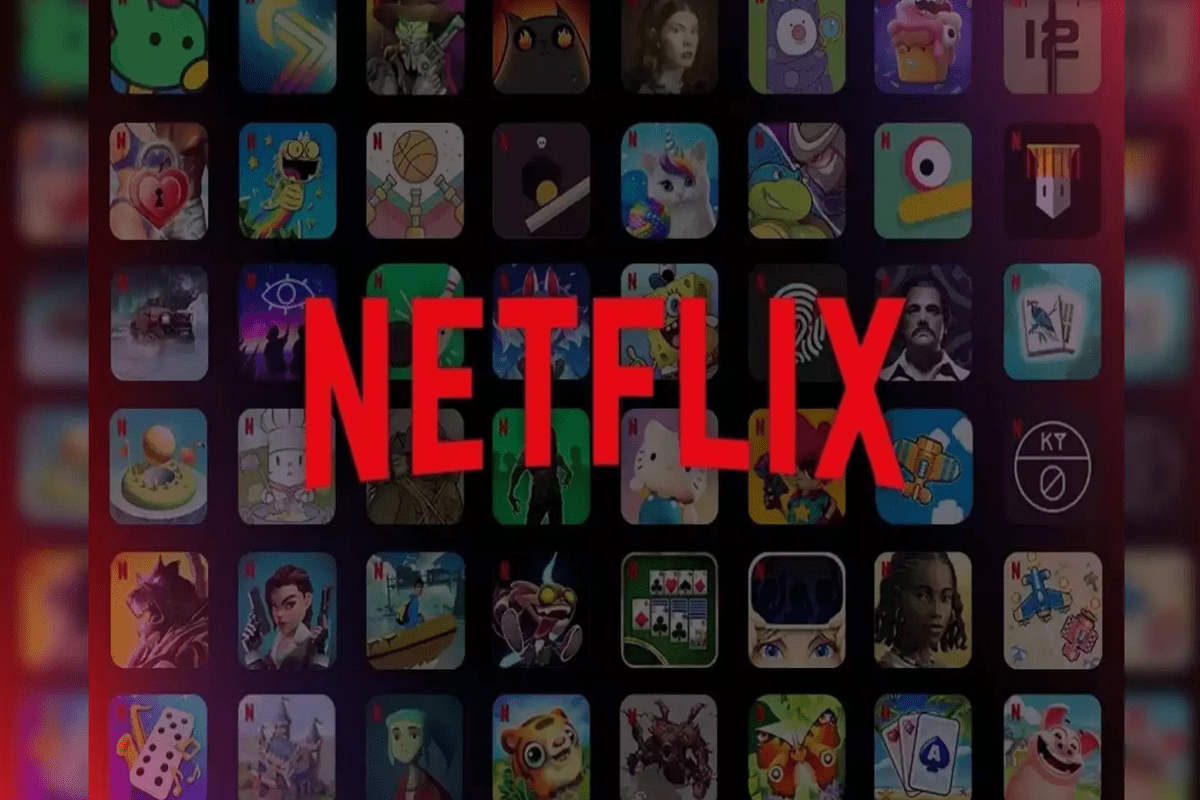Netflix, like many other streaming platforms, frequently updates its content library. This can sometimes result in the removal of certain genres or titles, including Christian movies. The reasons for this are multifaceted and can range from business decisions to audience interest and licensing agreements. Below, we explore the various factors that might lead Netflix to remove Christian movies from its platform.
Licensing Agreements
Expiration of Rights
One of the primary reasons Netflix removes movies, including Christian films, is the expiration of licensing agreements. Netflix pays for the rights to stream movies and TV shows for a certain period. Once this period ends, the content is often removed unless a new agreement is reached. Christian movies are not exempt from this business model, and when their licenses expire, they may be taken off the platform.
Cost-Benefit Analysis
Renewing a licensing agreement involves a cost-benefit analysis. If a Christian movie does not attract a significant number of viewers, Netflix may decide that renewing the license is not cost-effective. This is a standard practice in the streaming industry, where content must justify its presence on the platform through viewer engagement.
Changing Catalog Strategy
Shifting Focus
Netflix’s strategy for its content catalog changes over time based on market trends and internal decisions. If the company decides to focus more on original content or specific genres that are more popular or profitable, it may choose to let go of other types of content, including Christian movies.
Original Content Push
Netflix has been heavily investing in its original content across various genres. This push towards original programming can lead to less emphasis on licensed content, including niche genres like Christian movies. As Netflix aims to become a powerhouse of original content, it may decide that certain licensed genres no longer fit its strategic goals.
Audience Interest
Viewer Demand
The demand for Christian movies on Netflix may fluctuate, and if the platform’s data analytics show a decrease in interest, it might lead to the removal of these titles. Netflix heavily relies on viewership data to make decisions about which content to keep, remove, or add.
Diverse Audience
Netflix serves a global audience with diverse preferences. While there is a market for Christian movies, the platform must cater to a wide range of tastes and interests. Balancing this diversity can sometimes mean that less popular genres see a reduction in their representation on the platform.
Market Trends and Competition
Competition from Niche Services
The rise of niche streaming services that specialize in Christian content can also influence Netflix’s decision. Subscribers who are particularly interested in Christian movies may turn to these specialized services, reducing the viewership of such content on Netflix and making it less viable for the platform to retain these titles.
Broad Appeal
Netflix may also aim to maintain a broad appeal to attract the largest possible audience. While Christian movies have a dedicated audience, they may not have as broad an appeal as other genres. In an increasingly competitive streaming market, Netflix might prioritize content that has a wider appeal to maintain and grow its subscriber base.
Content Refreshment
Keeping Content Fresh
Regularly refreshing the content library is a strategy used by streaming platforms to keep their offerings exciting and engaging. Removing older titles, including Christian movies, is part of this process. It helps to make room for new content that might attract viewers and keep them subscribed.
Seasonal and Thematic Changes
Netflix also curates its content based on seasons and themes. Christian movies might see an increase during certain periods, like Christmas or Easter, and be less featured during other times. This kind of rotation can sometimes be mistaken for a permanent removal when it is actually part of a seasonal strategy.
Controversies and Sensitivities
Cultural Sensitivities
In some cases, content may be removed due to controversies or cultural sensitivities. If a Christian movie is involved in a controversy or is deemed insensitive by a significant portion of the audience, Netflix might choose to remove it to avoid backlash and maintain its brand image.
Global Standards
Netflix operates in many countries with different cultural norms and regulations. What is acceptable in one country may not be in another. Therefore, Netflix must navigate these complexities, which can sometimes result in the removal of certain types of content, including religious content, to comply with local standards.
Conclusion
The removal of Christian movies from Netflix is not an isolated phenomenon but part of the platform’s ongoing content management strategy. Licensing agreements, catalog strategy, audience interest, market trends, content refreshment, and cultural sensitivities all play a role in determining which movies remain on the platform.
It’s important to note that the removal of Christian movies from Netflix does not necessarily indicate a stance against such content. Instead, it reflects the dynamic nature of content streaming services and the various factors that influence content curation. Subscribers interested in Christian movies may need to look towards niche services or keep an eye on Netflix’s library, as it may bring back certain titles or add new ones based on the factors discussed above.





